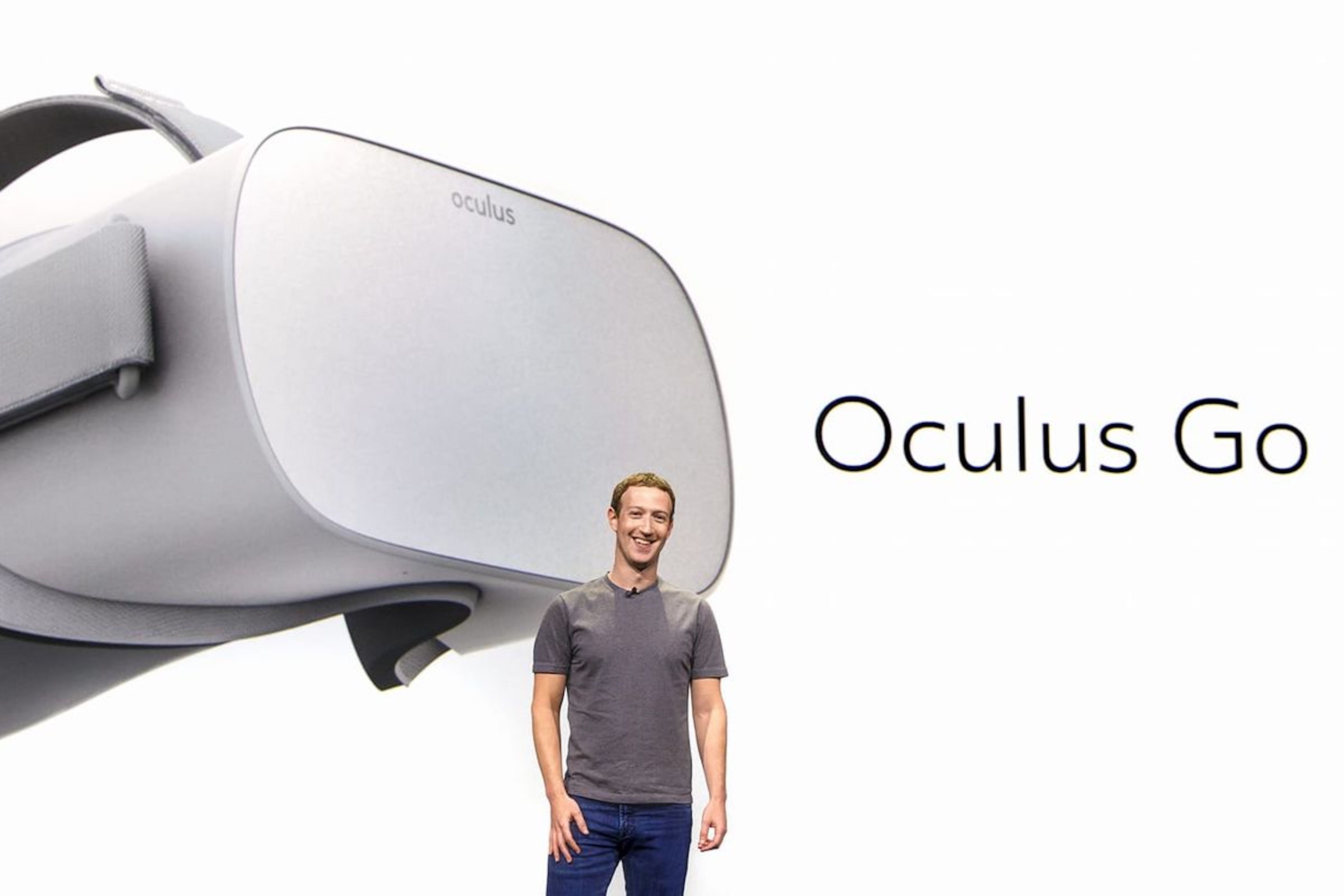Will the arrival and popularity of Oculus Go and other VR systems make us think differently about alternative realities and so-called alternative facts?
Matthew Flisfeder from the University of Winnipeg has penned a nice essay for the The Conversation on Oculus and our troubles with (virtual) reality. He starts with the new Oculus Go that brings virtual reality hardware down in cost to US $199. He then goes on to talk about fake news and alternative facts and how the portrayal of VR in popular media (Neuromancer, Matrix) has generally questioned the impact of the new media as it creates an alternative or fake reality. He also makes an interesting connection between fake news, social media and VR. Much of the discussion of the distorting power of fake news has focused on social media like Facebook and Twitter and how they seem to have manipulated the political reality for many. Facebook has become the site of internet reality for so many that when it distorts things it is people’s news of the world that is distorted. Facebook has ceased to be just one web site among many for the many becoming the platform for reality that frames what can be reality. Which raises the question of what they will do the VR hardware they control? How does the Oculus Go fit with Facebook? Could Facebook become the operating system a social reality you experience virtually? Could it become so immersive you don’t bother with alternatives?
